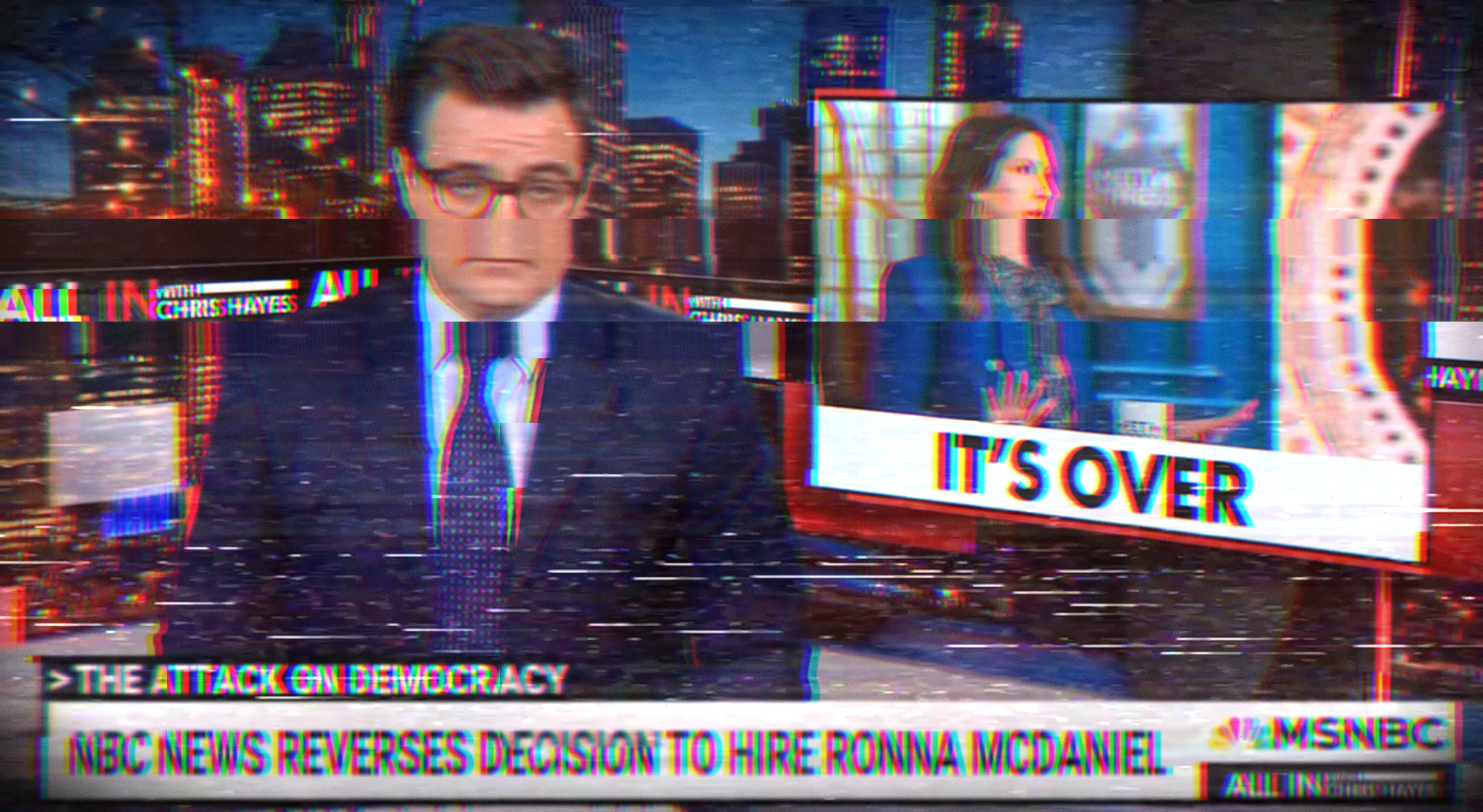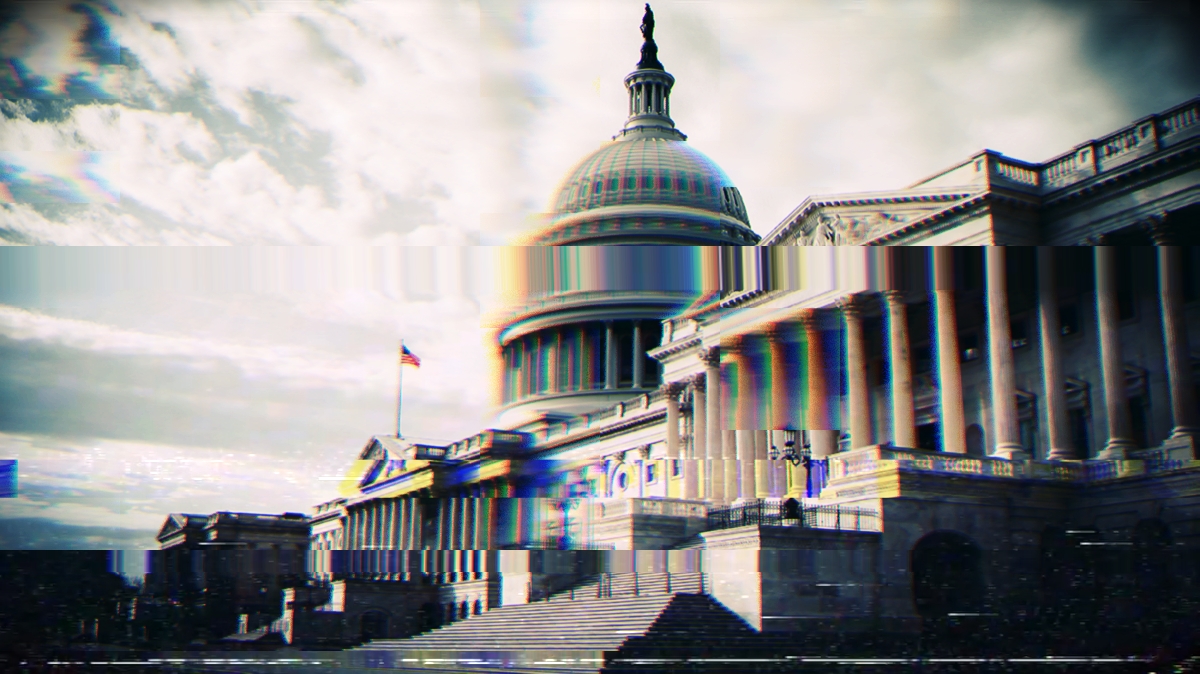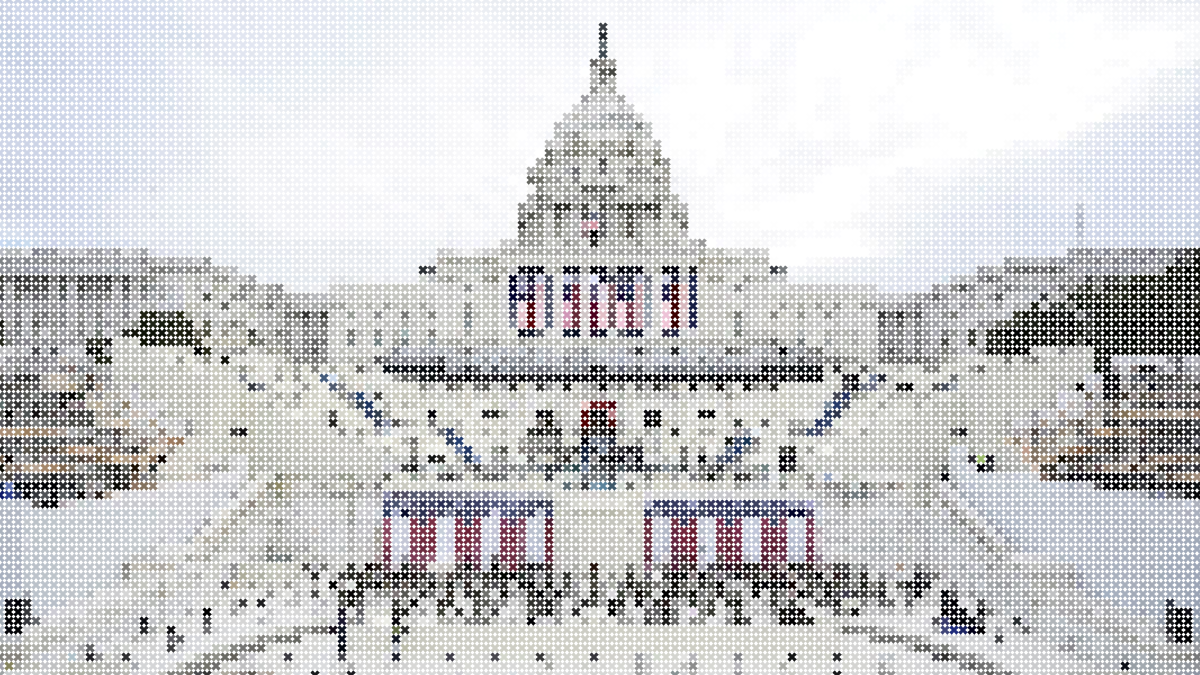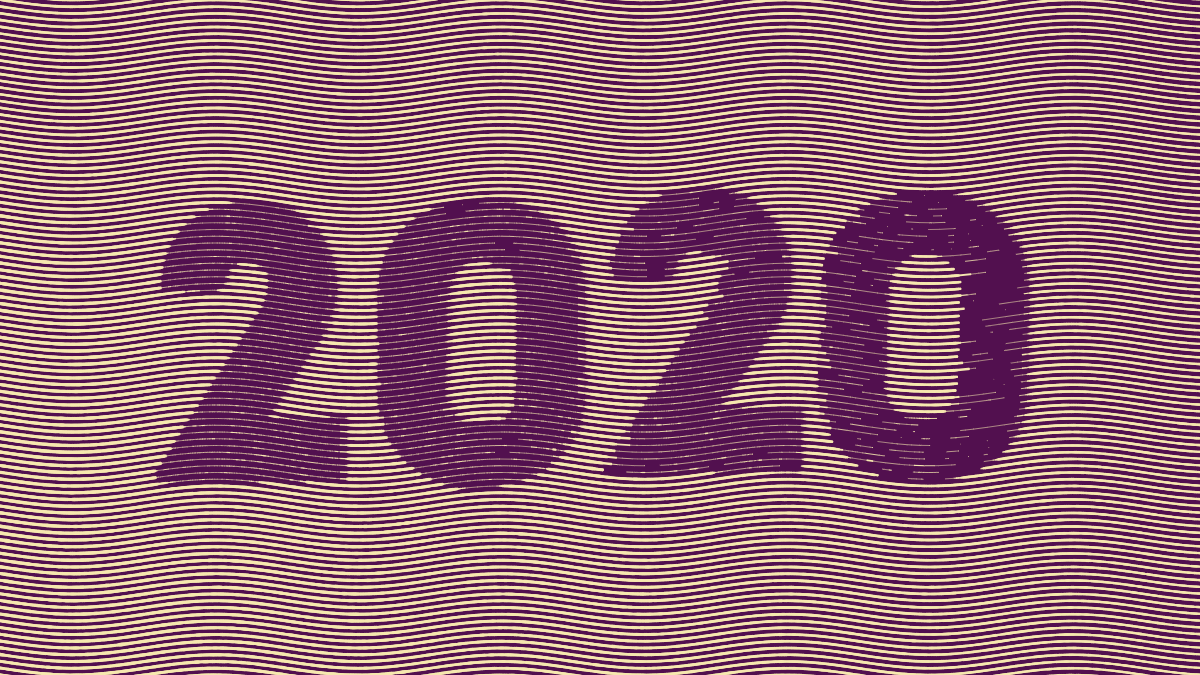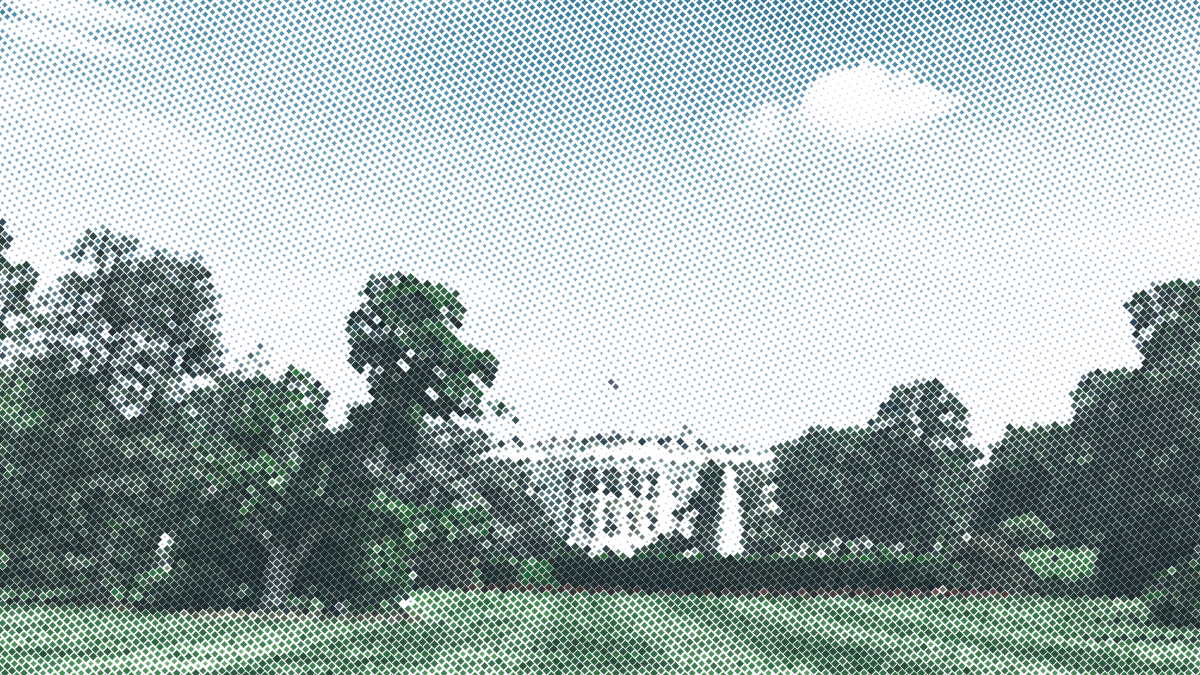Is the so-called TikTok law a tool to enable the US President to censor apps and websites at will? Yes and no. One thing is certain: This law isn't about TikTok; that's just a smokescreen.
Political scientist Brian Klaas looks into why we talk so much about politics, but never actually discuss any actual policy. My critique of his analysis is rather predictable.
Many people seem to think that the democratic system of government extends beyond how the state is run and into civil society. In this episode, I advance the theory that this has caused a lot of people to fall prey to propaganda and misunderstand how journalistic reporting and scientific enquiry should be done.
Looking at the plans for the new German government, made up out of the Social Democrats, Greens and Liberals, there are some interesting free speech and privacy implications for the future. Not only of Germany, but probably also for much of Europe.
Will the recent German federal election be followed by time of horrible uncertainty, that is will it be the country's Brexit moment, or is it actually a good thing? This episode discusses the election result and gives a historic explainer of the German parliamentary system.
Donald Trump has left the White House and Joe Biden is now President. What does that mean for the future of the US and beyond? I look back at what happened with Trump and forward at the future with my guest Michael Mullan-Jensen.
A look back at the first year of this podcast, the topics covered and how the show changed with them.
A conversation about how Joe Biden won the election, how Trump lost it, what the media had to do with it and what this means for the future.
In the impeachment trial of Donald Trump, the spectre of election interference in the upcoming 2020 Presidential Election was raised again and again. But everyone continues to ignore the actual underlying threat to democracy in the United States: the dangers of electronic voting.

